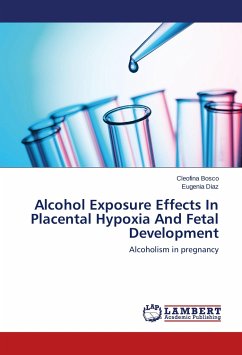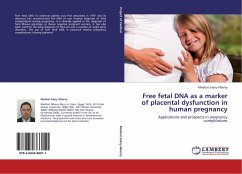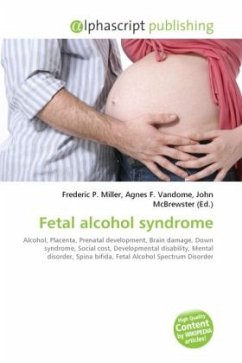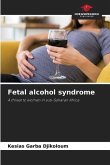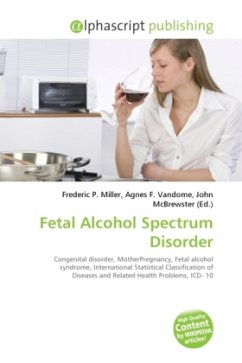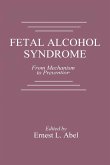Sustained alcohol abuse by pregnant women is clearly on the rise, so their effects on pregnancy outcomes are today considered important public health issues. Alcohol is one of the commonest teratogenic agents and its uncontrolled consumption by pregnant women can give rise to an irreversible condition in the child called Fetal Alcohol Spectrum Disorders (FASD). Cases that exhibit all of the following criteria: central nervous system dysfunction, prenatal and postnatal growth deficiency and cranial/facial abnormalities, are referred as fetal alcohol syndrome (FAS). All children of mothers who abuse alcohol consumption during pregnancy do not necessarily develop FAS/FASD. The potential source of individual variability includes differences in the pattern, frequency and duration of the period of drinking, differences in maternal, fetal and placental metabolism of ethanol/acetaldehyde, as well as genetic factors. Studies performed in animal models suggest that acetaldehyde, the primary hepatic oxidative metabolite of ethanol, reaches the foetus either by placental production or by placental transference, which in turn could affect fetal growth and development.
Bitte wählen Sie Ihr Anliegen aus.
Rechnungen
Retourenschein anfordern
Bestellstatus
Storno

